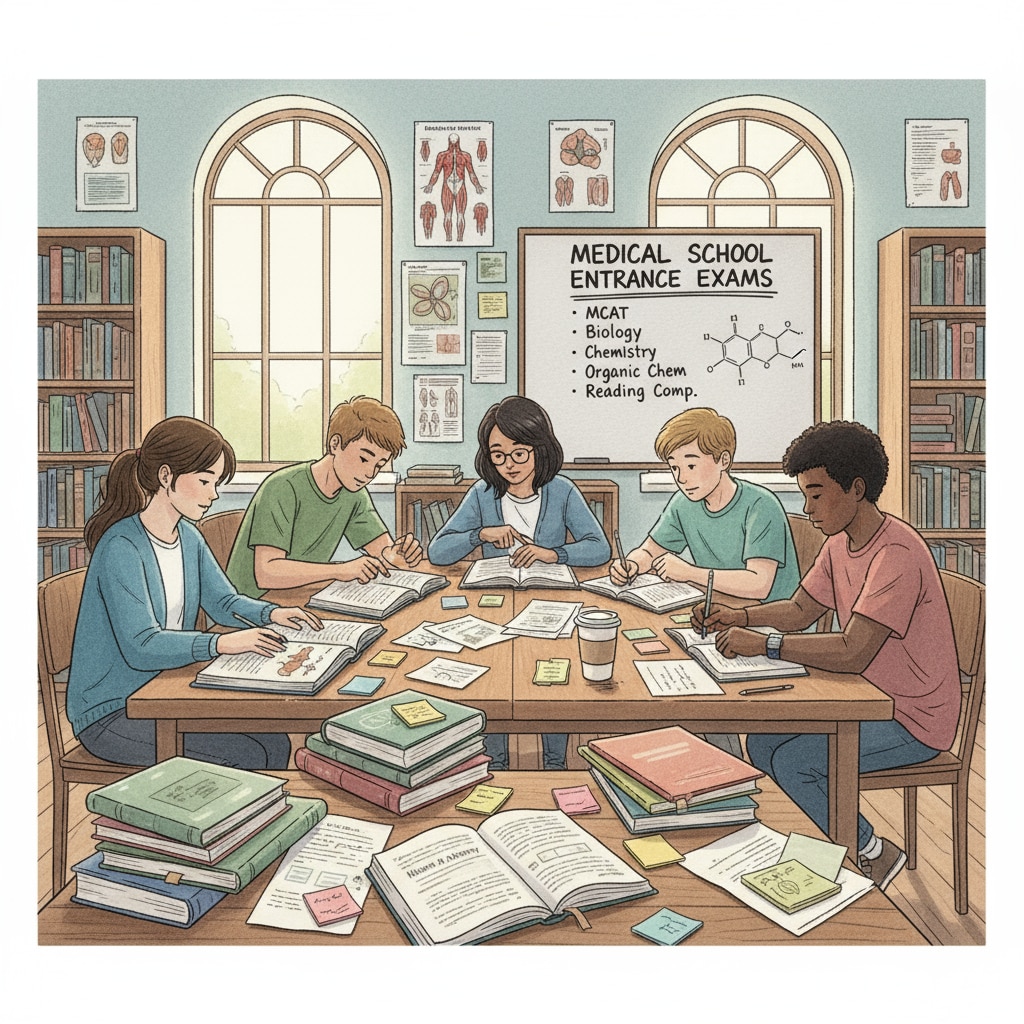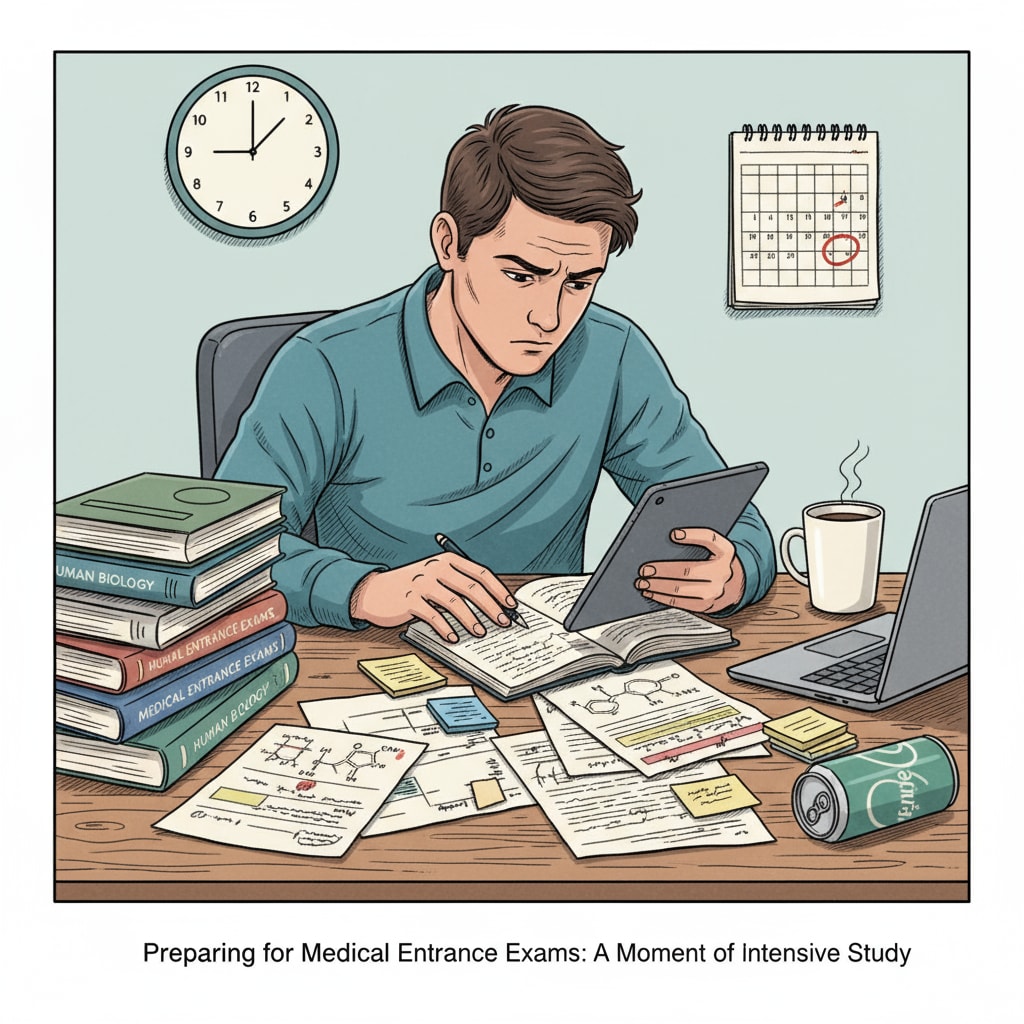Medical school entrance exams can bring about a great deal of learning anxiety and expose knowledge gaps among high school students. The journey towards a medical career is filled with challenges, but with the right strategies, students can turn these obstacles into stepping stones for self-improvement.

The Battle with Learning Anxiety
Learning anxiety is a common companion for those gearing up for medical school entrance exams. The pressure to perform well, the vast amount of material to cover, and the fear of not meeting expectations can all contribute to this anxiety. For example, students may find themselves constantly worried about not remembering all the complex medical terms or struggling with difficult concepts. This anxiety can be a major hindrance to effective learning. According to Anxiety Disorders on APA, anxiety can affect concentration and memory, making it even harder to absorb new information. However, recognizing the signs of anxiety is the first step in overcoming it.

Identifying Knowledge Gaps
Pinpointing knowledge gaps is crucial in the preparation process. Students often realize that there are areas where their understanding is lacking. These gaps could range from specific scientific topics like biology and chemistry to test-taking skills. By taking practice exams and reviewing past papers, students can identify the areas that need improvement. For instance, if a student consistently struggles with questions related to human physiology in practice tests, it’s a clear indication of a knowledge gap. Referring to reliable study materials such as Medical Education in the United States on Wikipedia can help in understanding the common knowledge requirements for medical school entrance exams.
Once the knowledge gaps are identified, students can start working on filling them. This might involve seeking additional resources, such as online courses, tutoring, or extra study materials. It’s important to approach this task with a positive attitude, seeing it as an opportunity to grow and learn.
Readability guidance: The key is to break down the learning process into manageable steps. Make a study plan, allocate specific time for each topic, and celebrate small victories along the way. By addressing learning anxiety and knowledge gaps, students can better prepare themselves for medical school entrance exams and embark on a successful medical career journey.


